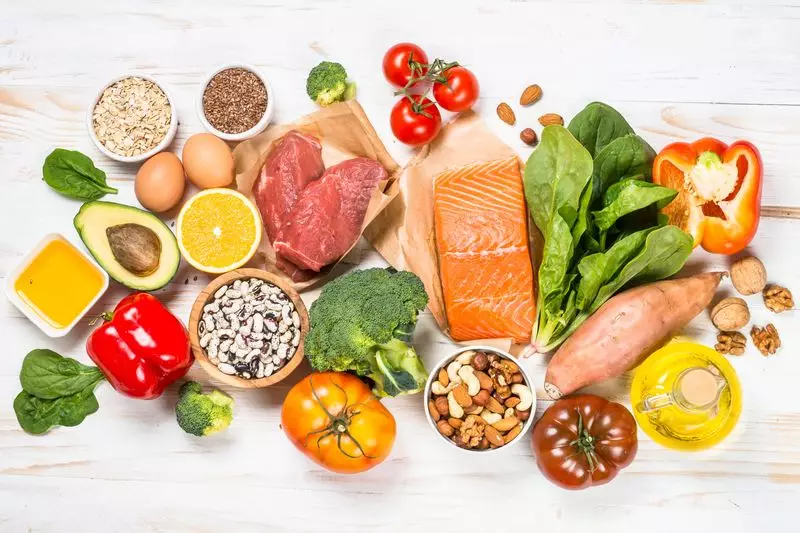
Maintaining optimal health requires a consistent intake of essential nutrients, particularly for women who face unique physiological challenges throughout their lives. From adolescence through pregnancy and into menopause, women's bodies have specific nutritional demands that must be met to ensure long-term wellness and vitality.
The Critical Role of Iron in Women's Health
Iron stands as one of the most crucial minerals for women, especially during their reproductive years. The monthly menstrual cycle causes significant blood loss, leading to depleted iron stores that must be regularly replenished. Iron deficiency represents one of the most common nutritional shortcomings among Indian women, often manifesting as fatigue, weakness, and pale skin.
Healthcare professionals emphasize that women between 19 and 50 years require approximately 18 milligrams of iron daily. This requirement increases during pregnancy to support both maternal health and fetal development. Excellent dietary sources include spinach, lentils, fortified cereals, and lean meats. Combining iron-rich foods with vitamin C sources significantly enhances iron absorption, making strategic food pairing an effective nutritional strategy.
Calcium and Vitamin D: The Bone Health Duo
Calcium plays a fundamental role in maintaining strong bones and teeth, while vitamin D ensures the body can properly absorb and utilize calcium. Women face a higher risk of developing osteoporosis later in life, making adequate calcium intake during younger years critically important for building peak bone mass.
Adult women typically need about 1,000 milligrams of calcium daily, with this requirement increasing to 1,200 milligrams after age 50. Dairy products like milk, yogurt, and cheese provide excellent calcium sources, while plant-based alternatives include fortified plant milks, tofu, and leafy green vegetables. For vitamin D, sensible sun exposure and foods like fatty fish, egg yolks, and fortified products help maintain adequate levels.
Other Essential Nutrients for Comprehensive Wellness
Beyond iron, calcium, and vitamin D, several other vitamins and minerals play vital roles in women's health. Folate, or folic acid, becomes particularly important during childbearing years as it helps prevent neural tube defects in developing fetuses. Women planning pregnancy should ensure adequate folate intake through leafy greens, citrus fruits, and fortified grains.
Vitamin B12 supports nerve function and red blood cell formation, with deficiencies potentially causing anemia and neurological issues. Since B12 primarily occurs in animal products, vegetarian and vegan women should pay special attention to obtaining this nutrient through fortified foods or supplements. Magnesium contributes to hundreds of biochemical reactions in the body, supporting muscle function, energy production, and bone health.
Zinc plays a crucial role in immune function and wound healing, while iodine supports thyroid function and metabolic regulation. A balanced diet incorporating diverse food groups typically provides these essential nutrients, though specific life stages or health conditions may warrant supplementation under medical guidance.
Practical Strategies for Meeting Nutritional Needs
Incorporating these essential vitamins and minerals into daily eating patterns doesn't require complex strategies. Simple approaches like including a variety of colorful fruits and vegetables, choosing whole grains over refined carbohydrates, and incorporating lean protein sources can significantly enhance nutritional intake. Regular health check-ups that include blood tests can help identify any deficiencies early, allowing for timely intervention.
For Indian women navigating busy lifestyles, planning meals ahead and preparing nutrient-dense snacks can help maintain consistent nutritional intake. Traditional Indian diets already contain many beneficial elements—lentils and legumes provide iron and protein, dairy products offer calcium, and seasonal fruits and vegetables supply various vitamins and antioxidants.
Understanding these nutritional requirements empowers women to make informed dietary choices that support their health through every life stage. While supplements can help address specific deficiencies, a well-balanced diet remains the foundation of optimal nutrition and long-term wellness for Indian women.






